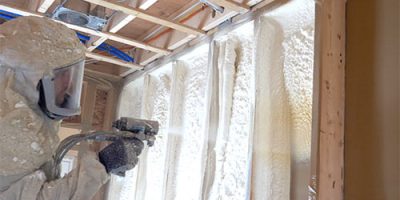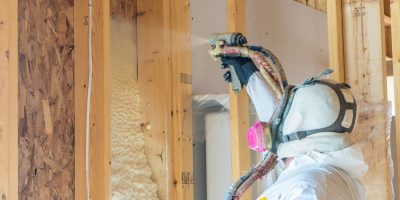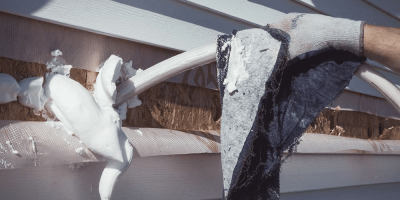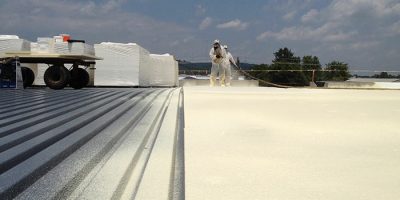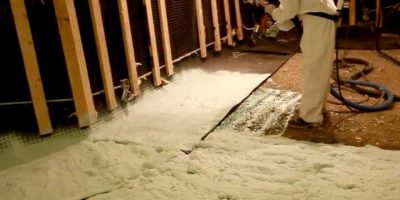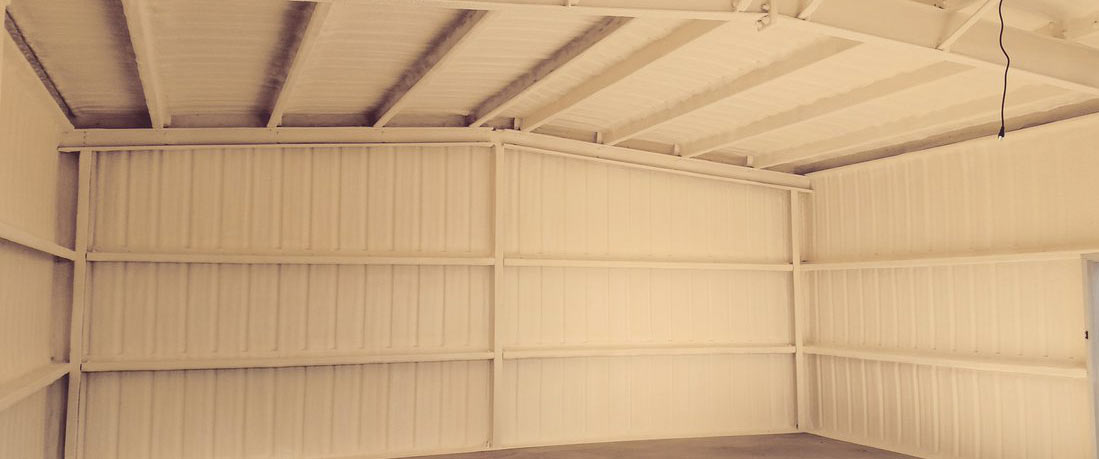Peritus closed cell spray foam insulation makes complete sense from the moment it bonds to a home or any building.
You can actually see the seal created as foam thoroughly fills every crevice to provide a seamless high performance barrier, specially formulated to protect the building, the occupants, and your investment. Consider the benefits: higher R-values, increased energy savings, low long-term maintenance costs, effective sound insulation, added structural strength, resistance to mold, pests and pollutants, and even reduced installation and construction waste. Start smart with Peritus spray foam insulation and stay strong with energy savings of up to 40% over other insulation techniques.
Closed-cell foams resist water penetration and moisture build-up. Moisture can eventually attract bacterial growth, promoting mold, which can eat away at wood and compromise structural integrity. Closed-cell foams can be exposed to water without absorbing it, making it particularly useful against a subgrade foundation, for example. It does not expand in volume as much as open-cell foams do.
Closed-cell foam uses the same suspended bubbles in a polyurethane matrix as the open form but the bubbles are filled with a blowing agent. The blowing agent provides a more effective thermal barrier than air, leading to higher R-values compared to other insulations. Closed-cell foam insulation is denser than open-cell foam, which breathes; closed-cell foam is essentially incompressible once cured. It is the more common of the two types of polyurethane spray foams. In the trades, it is known as “medium-density” or “two-pound” foam. Closed-cell polyurethane foams have R-values around 6.0-7.14/in.
Homeowner Federal Tax Credit Reinstated for 2019 Through 2020. Learn more here.

